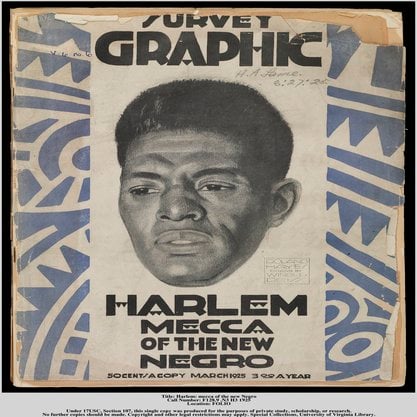Article
Santayana, George (1863–1952) By Simon, Linda
Article
George Santayana—philosopher, poet, novelist, memoirist, and critic—was born in Madrid, the son and grandson of diplomats, and was brought to America by his mother in 1872. Raised a Catholic, he retained Spanish citizenship for his whole life and portrayed himself as an outsider to American society and culture. Santayana entered Harvard in 1882 and graduated with a doctorate in philosophy in 1889, having studied with the pragmatist, William James and the idealist, Josiah Royce. He immediately began teaching at Harvard, but became increasingly disgruntled with academic life. In 1912 he retired and left America for permanent residence in Europe. Santayana celebrated the significance of creativity and imagination in poetry, religion, science, and philosophy. He asserted that any system of philosophy or science, depending as it does on language, cannot represent foundational or essential reality, but rather is contingent on human imagination. Although James believed Santayana’s thinking was diametrically opposed to his own conception of pragmatism, Santayana saw pragmatism, especially as Charles Peirce formulated it, as a useful philosophy to determine efficacy of action. His naturalism, or intellectual materialism, held that knowledge and belief are not the result of reasoning, but of the interaction of an individual’s psyche with the natural and material environment. A prolific writer, Santayana is best known for The Sense of Beauty (1906), the five-volume Life of Reason (1905–1906), Character and Opinion in the United States (1920), and his Pulitzer Prize nominated novel The Last Puritan (1936). A speech entitled “The Genteel Tradition in American Philosophy” (1911), in which he urged philosophers and poets to move beyond the canonized writers of the past and live up to the precocious potential of the American spirit, proved influential for modernist writers.



